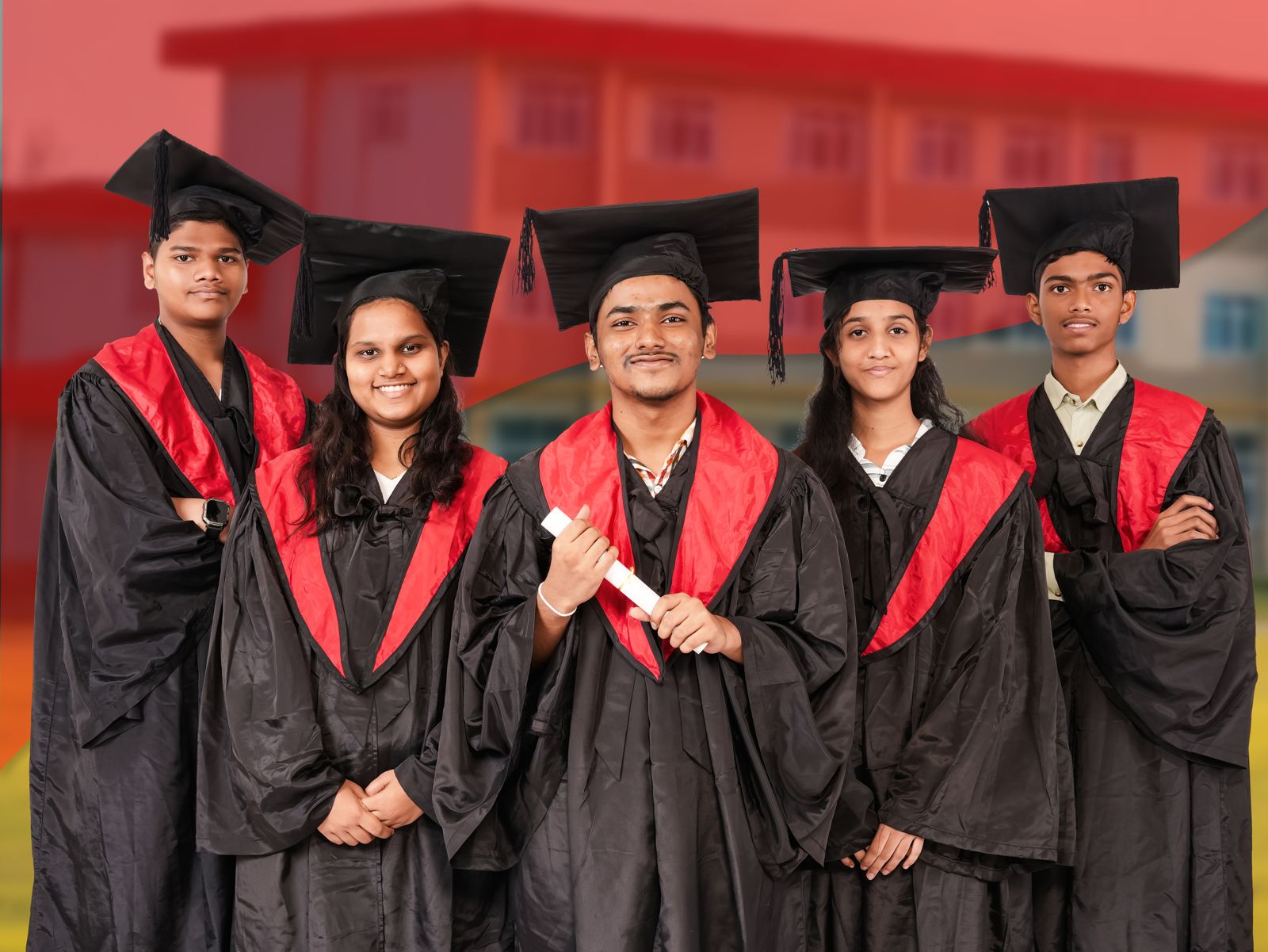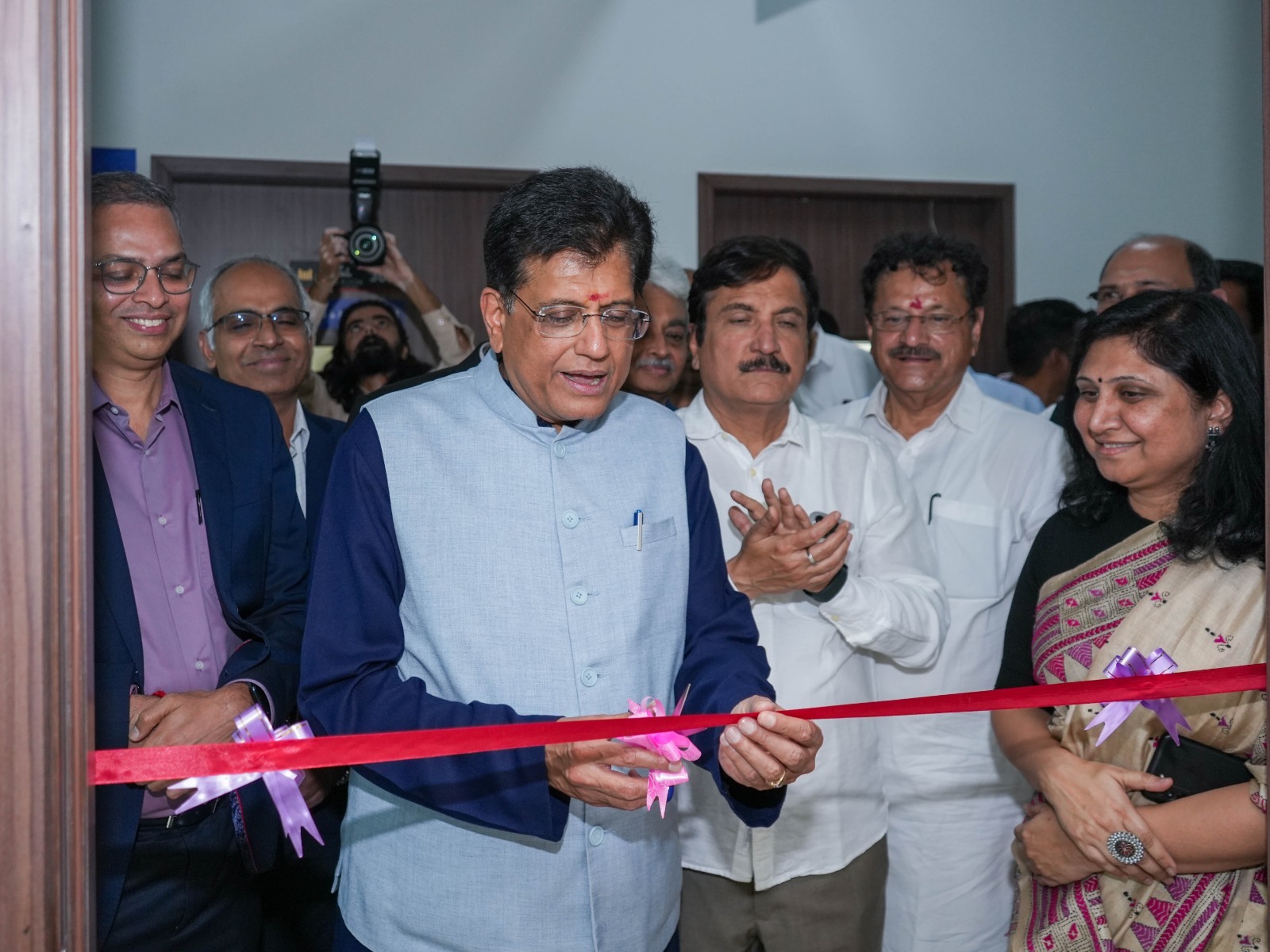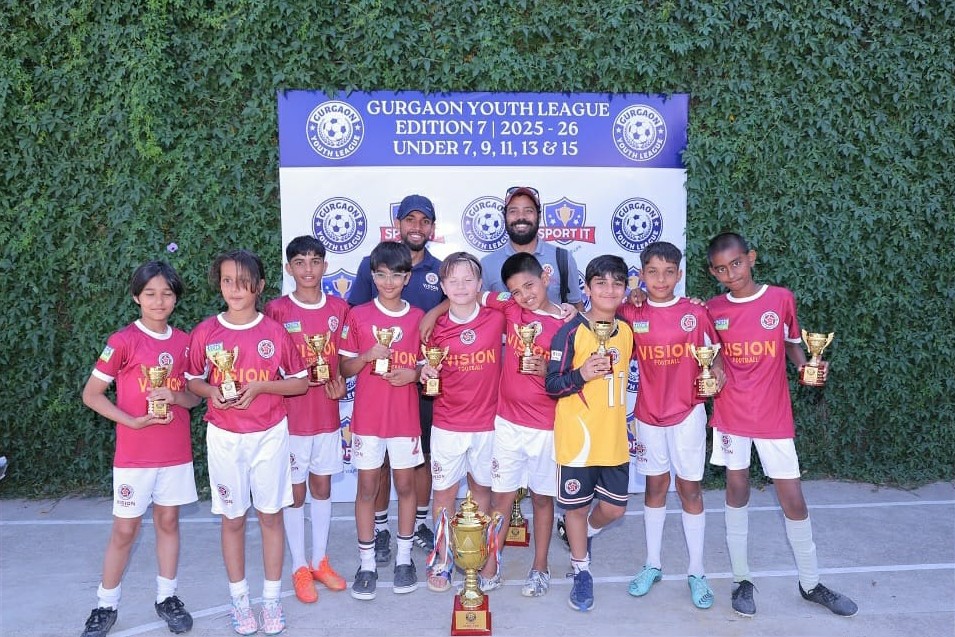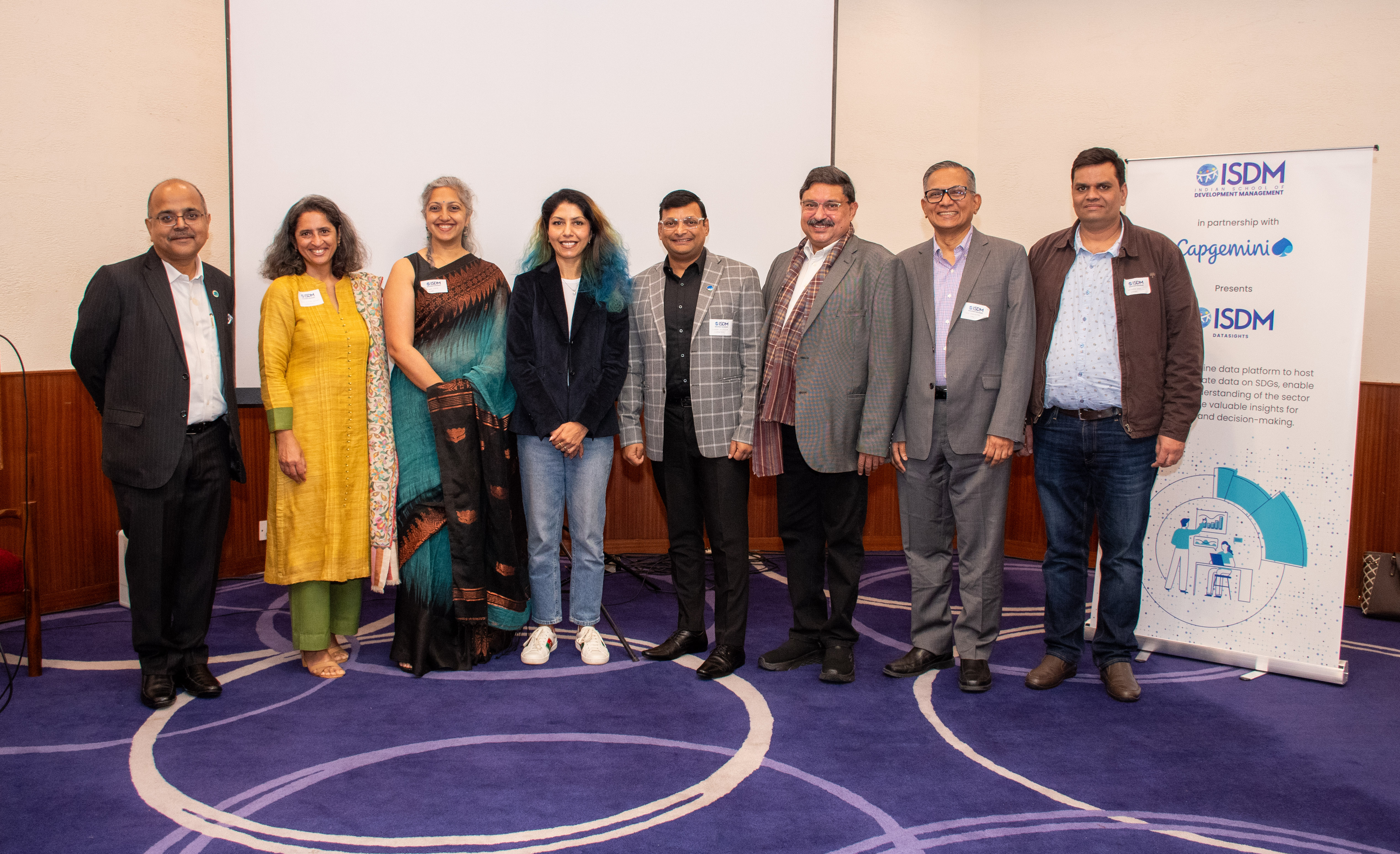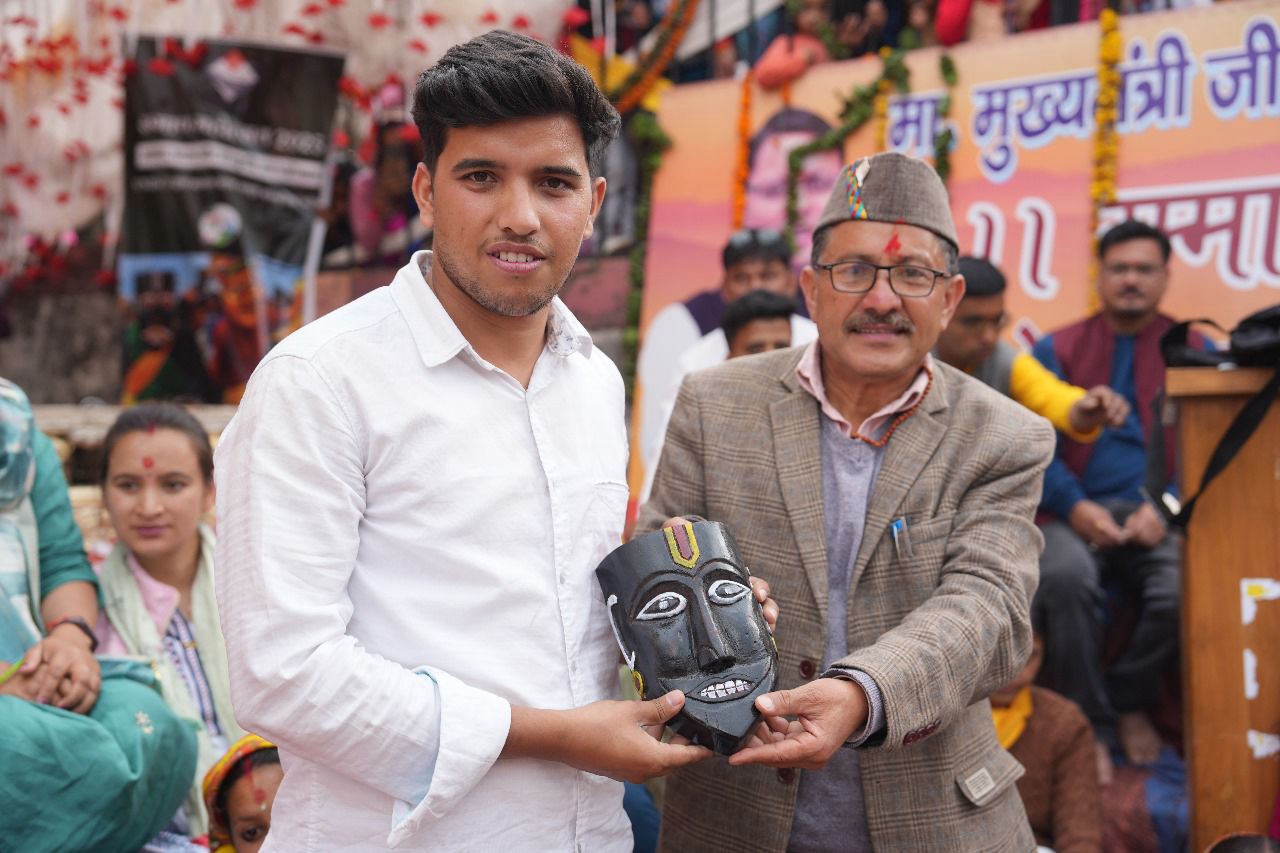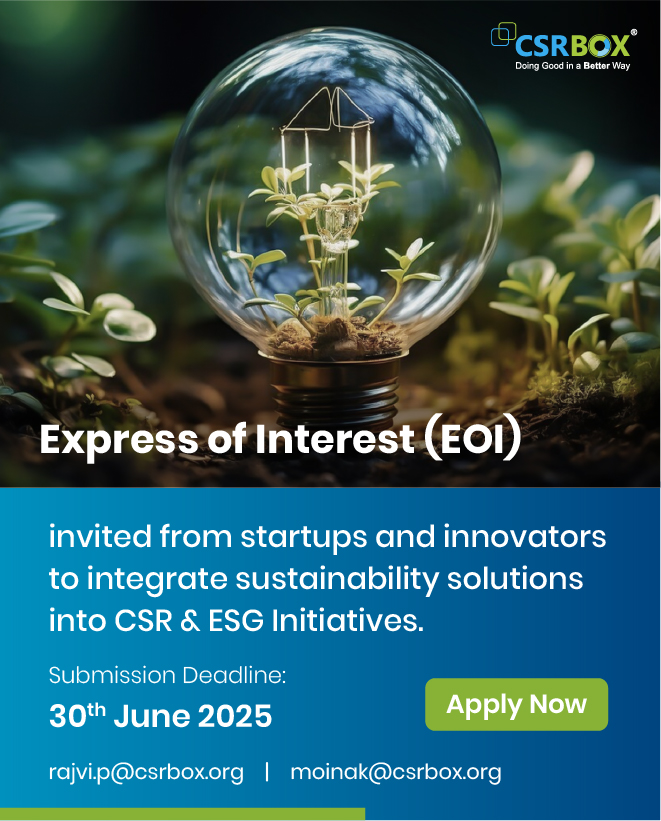Top 10 NGOs Providing Education to Kids in Rural Areas
By NGOBOX
October 6, 2022
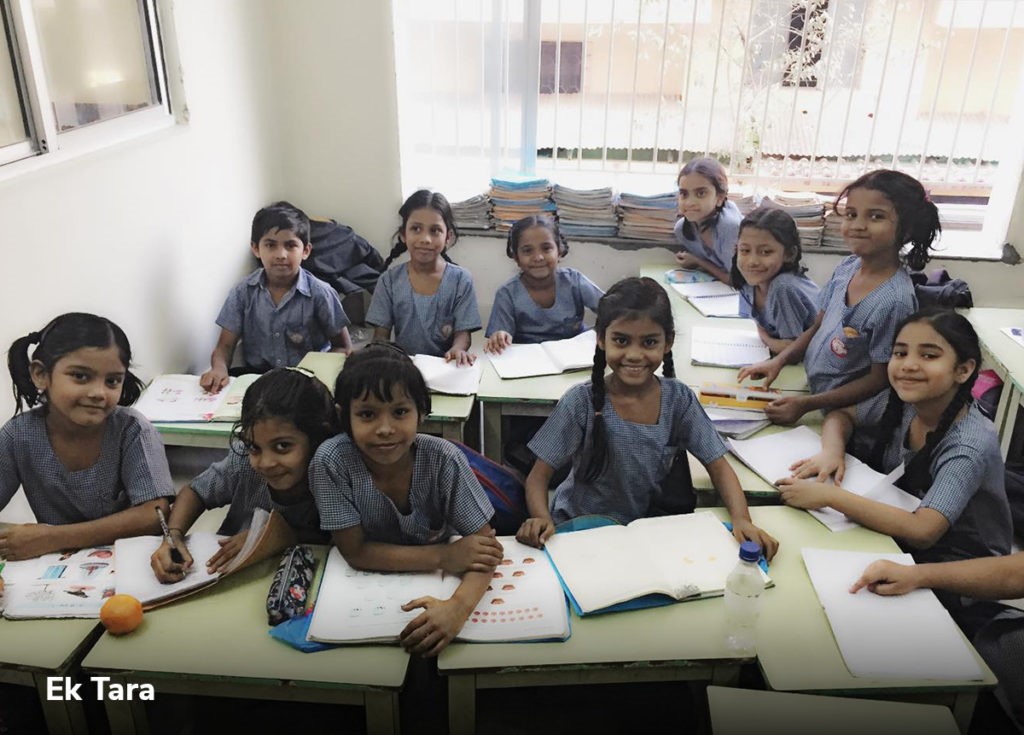
From mobile vans enabling teachers in local communities with the right tools to taking classrooms to the doorsteps of the underprivileged, technology holds great promise in helping NGOs use their limited resources effectively. It has the potential to help NGOs reach more people and create a greater impact.
Educating a child is undoubtedly one of the most powerful empowerment tools. It has been well-established worldwide that if children are sent to school and pursue further studies, they can break barriers posed by traditional stereotypes.
Well-educated people from economically poor backgrounds tend to participate more in the job market, earn higher incomes, ensure their children embrace education, and uplift their families from poverty. They are also better informed about nutrition and healthcare.
Here’s a list of NGOs across India harnessing the power of technology to bring about a widespread sustainable impact on our educators and students.
1. Bal Utsav
Started in 2009 by couple Binu Verma and Ramesh Balasundaram, Bal Utsav is a collective of people bound by a shared passion to promote social good by focusing on sustainable interventions for children, especially in education.
They are reshaping the landscape of education through two core programs – Sampoorna Shaala and iShaala. While Sampoorna Shaala aims at the revitalisation of large, urban institutional models (more than 500 students), iShaala relies more on technology to rejuvenate the smaller, rural school with an average scholar strength of 40 students.
The organization says that they have developed a 360-degree school revitalisation programme focusing on four key areas of intervention: school infrastructure; WaSH (Water, Sanitation, and Hygiene); teacher development; and scholarships for students.
This holistic intervention to revitalize Government schools benefits millions of school children.
Source: Bal Utsav website
2. KC Mahindra Trust
Founded in 1953, since its inception, the K.C. Mahindra Trust has undertaken several initiatives to improve the lives of deserving students through education.
The Trust’s ‘Project Nanhi Kali’ is one of India’s most extensive programmes that enable underprivileged girls to complete ten years of schooling. According to the organization, under the project, young girls from underprivileged backgrounds get academic support and annual supplies of school kits, etc. It allows the girls to attend school with dignity.
The project has supported over 4.5 lakh girls ever since the project was launched in 1996.
3. Smile For All Society
An initiative by Bhunesh Sharma and his wife Neha Sharma, Jaipur-based SFA is an NGO dedicated to providing private school education to underprivileged children.
Through their flagship program, the organization runs a public inclusion initiative where over 4000 SFA volunteers conduct evening classes in 250 cities across the country. The volunteers convince the parents to send their children to a school instead of using them as an earning hand. The children are provided support to apply and get admission into a private school and are tutored further to learn better.
They work to raise awareness about the plight of children in slums and the importance of quality education and literacy amongst underprivileged populations. The team also counsels families, assuring them that their children will be safe and accepted into the new school environment.
4. Ek Tara
This organization’s journey began in 2011 with a small group of children and women from impoverished families. They lived in the slums of Topsia and Tiljala in Kolkata and had no access to modern facilities. Many children are uneducated and join the labor force early in life.
Ek Tara aims to provide high-quality holistic education to these children to enable community transformation. Their program for underprivileged children ensures they are equipped with a strong foundation before they join the formal school system. For this, they are taught basic concepts by in-house teachers and are taught to enjoy the concept of going to school. They are provided with fun learning materials and are engaged with innovative activities.
At the end of each cycle, the selected students are assessed and sent for admission to various schools – private and government.
To date, thousands of students have benefited from their program.
Avanti Fellows teaching students. Source: Social media
5. Avanti Fellows
Launched by Akshay Saxena and Krishna Ramkumar, along with their friends, Avanti Fellows helps students from low-income families gain opportunities to study in India’s best colleges.
The non-governmental organization provides access to quality tertiary education to meritorious students from low-income backgrounds.
During COVID-19, they kickstarted a multi-state at-home learning intervention for low-income students called GharPeSchool. They organized virtual learning by structuring WhatsApp groups moderated by school teachers. In the group, they share daily lesson plans, video content, assignments, and notes.
The organization claims that every year, they engage with over 50,000 students as part of their classroom programmes. In the last few years, the programme has benefited 10,000 students across multiple schools in Puducherry, Bidar, Hassan, Koppal, Shegaon, Wardha, and Palghar, among others.
6. eVidyaloka
Based in Bangalore, eVidyaloka is an NGO that focuses on imparting education to students of rural government schools in India.
It does this by crowdsourcing volunteer teachers and connecting them to rural government schools using the power of information technology. The group creates digital classrooms for children in remote Indian villages. Consequently, this makes education more accessible to students.This was used widely during the pandemic, and the program ensured students did not miss their learning.
According to the organization, its goal is to create a virtual learning environment that provides high-quality, e-learning for children in India. eVidyaloka has done just that by using technology for educating children in India.
7. Magic Bus
This NGO provides for disadvantaged children in India from ages 12 to 18. They are equipped with the necessary skills at a young age to overcome poverty into adulthood. In partnership with Classplus, a virtual educator app, Magic Bus provides an online learning platform to young students.
A representative from the organization says that the platform is called the Magic Bus Livelihood Programme. Classplus enabled Magic Bus to engage in a virtual classroom setting while quarantined. Magic Bus’ expert teachers are utilizing the platform to share assignments and broadcast messages.
They are also utilizing it to deliver learning content, enhance education, and evaluate over 2000 students’ performances.
Source: Vidya and Child website
8. Vidya and Child
Vidya and Child started in 1998 with the single aim of making a difference in the lives of underprivileged children belonging to socio-economically marginalized sections of society.
Through their School Programme they offer an internally developed curriculum that is self-paced. They offer a non-threatening learning environment that helps teachers to engage deeply with the children. The program’s activity-based learning and computer-aided learning enable children to develop their logic and creative skills.
The organization says training, observation, and assessment reviews are conducted monthly to ensure more effective delivery. This also helps to assess difficulties faced while teaching as well as for identifying learning gaps for appropriate planning and intervention.
Vidya and Child works towards providing a value-integrated learning environment leading to a strong educational foundation. Further, they hope to enable a child to identify their uniqueness within. Currently, they are helping over 1,800 children across five locations in semi-rural and rural settings through its school and after-school support programmes.
9. Pratham Education
Pratham works to improve the basic literacy and numeracy skills of children. They create low-cost, replicable programme models that can impact policy and practice at the Central and state government levels; raise awareness about the importance of children’s learning outcomes among all stakeholders in education, and provide vocational and skills training leading to job opportunities for youth from socio-economically disadvantaged backgrounds.
They offer a hybrid learning program that involves getting children in the age group 10-14, in a village to form their groups of 5-6 each, thus enabling them to co-create a learning space within their community.
Digital devices and content are placed directly in the hands of children, providing them with opportunities and choices to learn on their own. Community-based children’s groups engage in choice-based learning and are guided by the coaches and youth members in the communities.
The organization says that in one of their recent programs, the NGO aided students of government schools from Lucknow and Uttar Pradesh to learn the basics of bank transactions. They hope that this will allow children to exercise their argumentative skills and inculcate a more systematic method of learning.
10. Vanavil Trust
Vanavil was started in 2005 in the aftermath of the December 26, 2004 tsunami by a handful of youngsters. It has grown with the help of individual donors and foundations committed to the cause of education.
The organization helps kids from marginalized and historically nomadic communities, who would otherwise be living on the streets, begging, or worse.
As part of their initiatives, Vanavil hosts a Happy School where about 100 children study in Pre- KG to 5th standard. They believe that safety, freedom, trust, and friendship are cornerstones of a good learning environment and facilitate learning through Montessori methods. Classes are activity-oriented and experiential.
They have built learning as a happy experience with arts and performances fundamentally integrated with math and science. A typical day at Vanavil School can be a visit to a goat farm, making clay models of different animals, and measuring up the windows and tables in the class for a project.
© Renalysis Consultants Pvt Ltd



.jpg)
